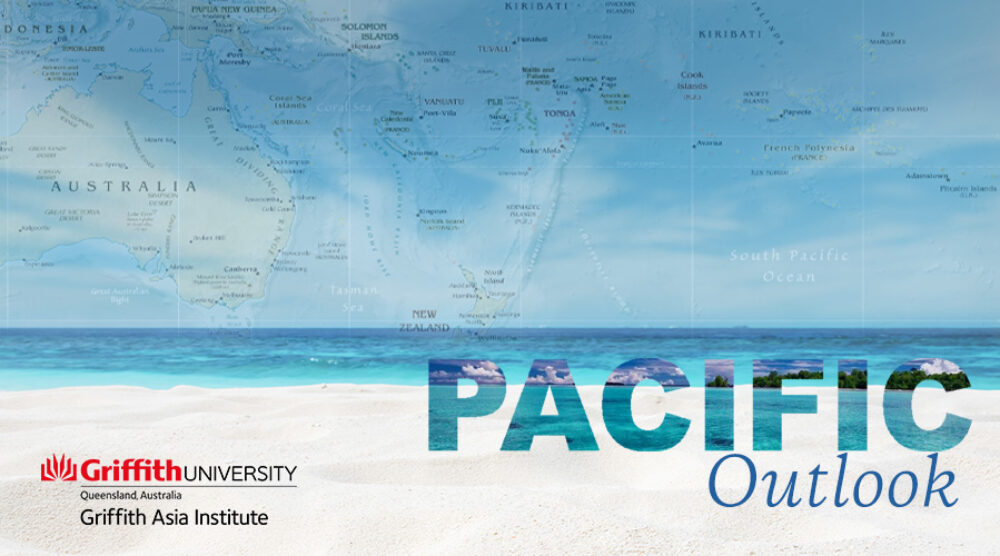TESS NEWTON CAIN |
Disaster response in focus in Brisbane
Pacific ministers and officials converged on Brisbane this week for the UN’s Asia-Pacific Ministerial Conference on Disaster Risk Reduction.
A key feature of the event is the presentation of the “Nadi Declaration” by Ministers from several Pacific countries, including Fiji and Samoa. The Nadi Declaration is the outcome of last week’s meeting of Pacific Ministers for Disaster Risk Reduction.
The Nadi Declaration includes a commitment to establish a regional mechanism to respond to disasters such as cyclones, tsunamis, and earthquakes. Ministers have agreed that this will provide the basis for Pacific experts and practitioners to lead on disaster response in the region. They will be using the meeting this week in Brisbane to garner support for this mechanism from development partners, including Australia.
In addition, there will be presentations on the place of traditional knowledge in preparing for and responding to disasters in the Pacific.
UN General Assembly commences
Pacific Leaders are making their way to New York for the 77th meeting of the UN General Assembly (UNGA). Some will be heading there directly from attending the funeral of Queen Elizabeth II in London.
The 2050 Strategy for the Blue Pacific Continent will be presented at this meeting further to its having been endorsed at the Pacific Islands Forum Leaders’ Meeting earlier in the year. Pacific leaders will use this as the framework for partner engagement going forward.
There has been a lot of lobbying and campaigning in relation to the push to get a UN majority vote in favour of seeking an advisory opinion from the International Court of Justice as to the human rights implications of climate change. However, Vanuatu’s Head of State, Nikenike Vuraboravu, has advised that the Pacific coalition will seek for the vote to be deferred for further lobbying to occur.
Pacific Islands Conference of Leaders meet ahead of White House summit
Last week’s meeting of the Pacific Islands Conference of Leaders (PICL) provided an important curtain raiser ahead of the forthcoming summit at the White House.
This was the 12th meeting of the PICL and was hosted by the East-West Centre at the University of Hawai’i. Leaders of 16 countries, states and territories attended. The leaders met in several closed sessions to discuss regional priorities. A particular focus was on nuclear legacies in the region, including Japan’s intention to discharge Advanced Liquid Processing System (ALPS) water into the Pacific ocean. This has already met with considerable concern in the region.
US Deputy Secretary of State Wendy Sherman was in attendance and held several bilateral meetings with senior representatives of a number of Pacific island countries.
Leaders stressed the importance of building trust among those who work in the region and observing the “Pacific Way”.
Elections build up in Vanuatu and Fiji
With the snap elections less than a month away in Vanuatu, activity is ramping up. Several of the major parties have released their lists of candidates. So far, there are very few women named to contest and this will be a feature that is highly scrutinised. Vanuatu does not currently have any women serving in its Parliament. The country will go to the polls October 13th.
In Fiji, the date for the elections has yet to be set but the country has been in campaign mode for several months. There are now thirteen political parties registered. The All Peoples Party was the most recently endorsed. As part of the preparations, the Fiji Electoral Commission has provided information to the public and conducted training sessions for the media. A technical workshop was held recently, which was attended by electoral officers from New Zealand and Australia.
Tess Newton Cain is an Adjunct Associate Professor at the Griffith Asia Institute and project lead of the Pacific Hub.








